Does having multiple credit cards affect your credit score?
An average Indian today owns 2 to 3 credit cards. But does having multiple credit cards affect your credit score? Here’s what you need to know:
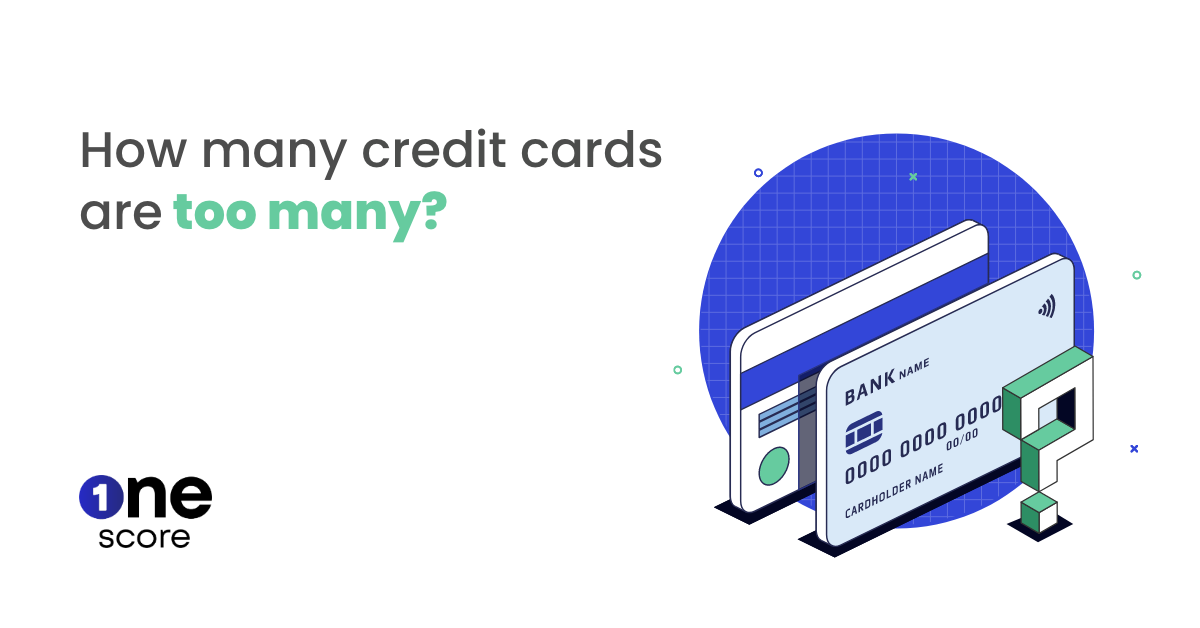
There’s no hard and fast rule when it comes to the number of credit cards you should own. More than the number of cards, the way you manage them is more important. With that in mind, here are some things to consider if you have multiple cards already, or plan to apply for another one soon.
1: Multiple due dates
Multiple credit cards are great for convenience, but they can also make you forget your due dates. This can lead to late or missed payments, and can hurt your credit score considerably.
Make it easier on you by signing up on a platform that consolidates all your credit card accounts and notifies you of your due dates. OneScore is one such platform that lets you view all active credit accounts at one place and analyse how repayment habits are affecting your score.
Alternatively, you may also want to check with your credit card issuers about changing your due dates. Some issuers allow customers to do this, and bringing all due dates to a single day can save you a lot of time, confusion and effort.
2: More credit limit
More credit cards means more credit limit. Having that surplus amount can be tempting, but remember to track your expenses to avoid splurging on unnecessary items, and only spend what you can pay back before the interest kicks in. You should also ensure that you stay within 30-50% or less of your total credit limit on a regular basis.
To find out your utilisation across your credit cards and know about the areas you need to work on, click here.
3: Too many credit inquiries
Before applying for a new credit card, it’s vitally important to understand how the process works and the damage that can be done to your credit score. Lenders will perform a hard inquiry on your credit report when you fill out an application. This is called a hard inquiry because, unlike soft inquiries (which don’t affect your score), it shows up as a line item on your report. If you apply for several cards in a short period of time or if there have been multiple inquiries within the last year, these can negatively impact your score.
Therefore, it’s important to explore all the card options you have and make a wise decision before applying.
To know how many inquiries have been made in your name, click here.
4: Closing your old credit cards
The length of your credit accounts is an important component of your credit score. So, don’t close your old credit cards when you open a new one; this will negatively impact your score. Instead, continue making small spends through your older credit cards, as they will build a strong, sound history that will ultimately help your score to improve.
So, how many credit cards should you own?
Long answer short - your credit score is just as good with one or two credit cards as it is with five or ten, as long as you always make all your payments on time, keep balances low and don’t get into debt. But if you like the idea of having more options, then by all means go for it. Just be sure to use sound financial judgement, whatever you choose.
If you don’t have the OneScore app yet, download it right now to see how well you’ve been managing your credit cards.
**Disclaimer: The information provided on this webpage does not, and is not intended to, constitute any kind of advice; instead, all the information available here is for general informational purposes only. FPL Consumer Services Private Limited and the author shall not be responsible for any direct/indirect/damages/loss incurred by the reader in making any decision based on the contents and information. Please consult your advisor before making any decision.
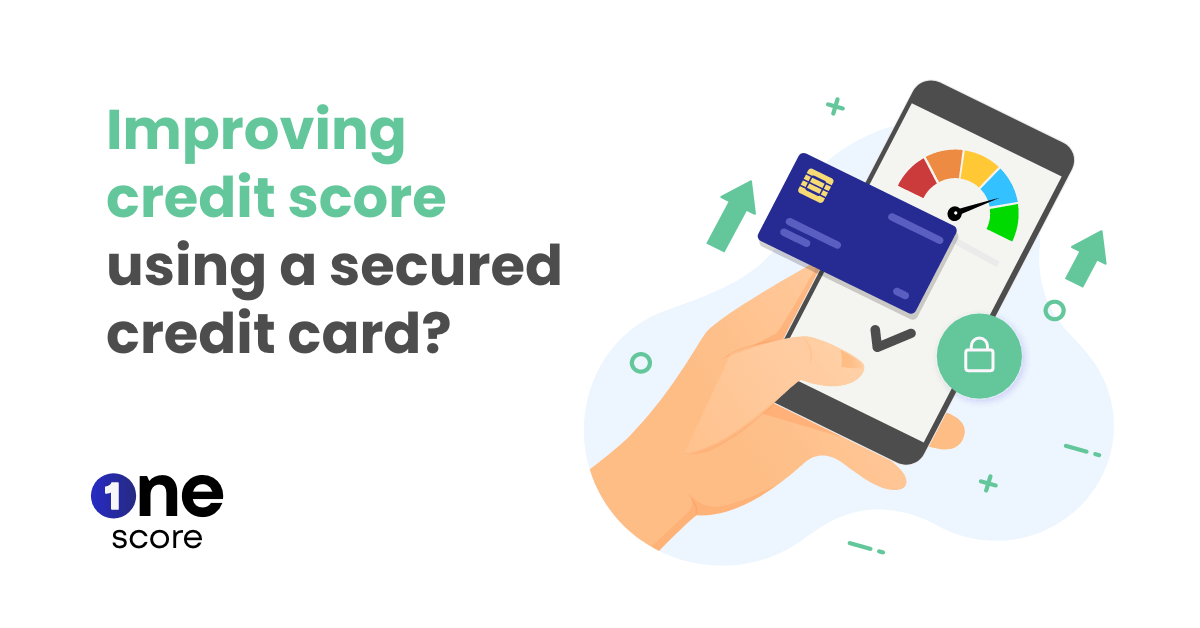

Low credit score or no credit score? Get a secured credit card!
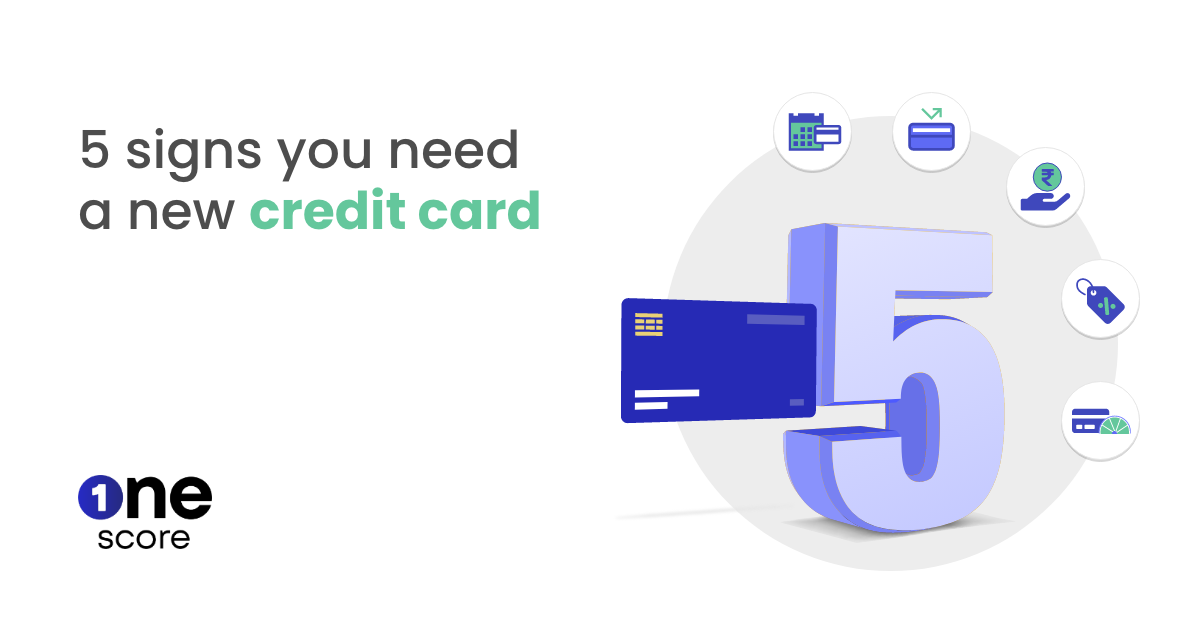
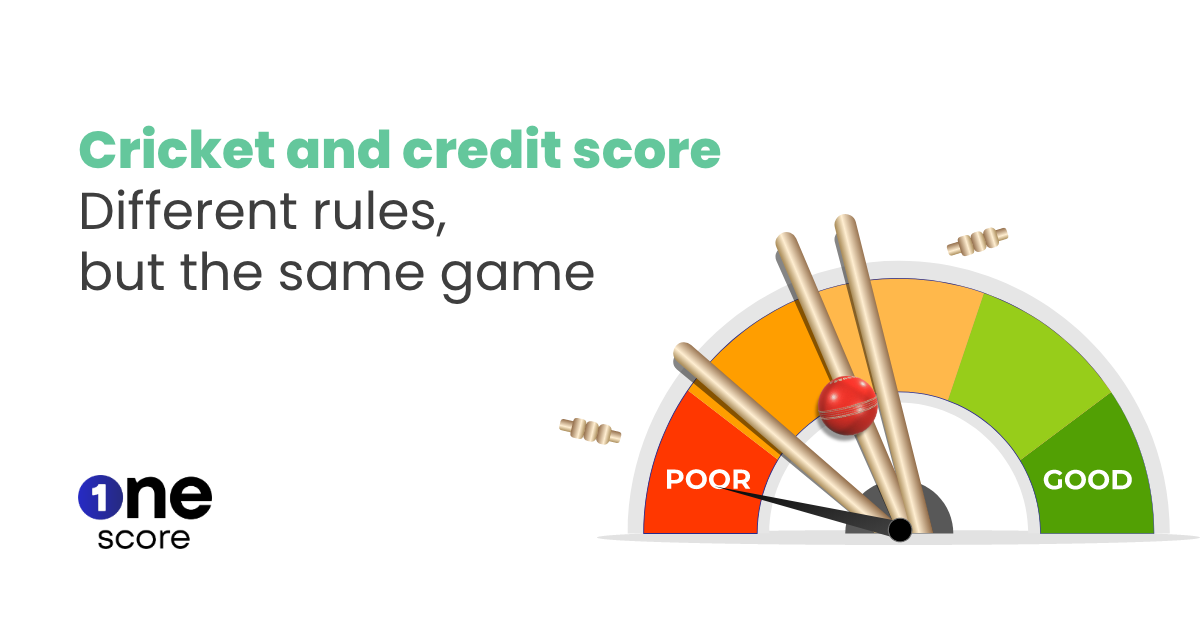
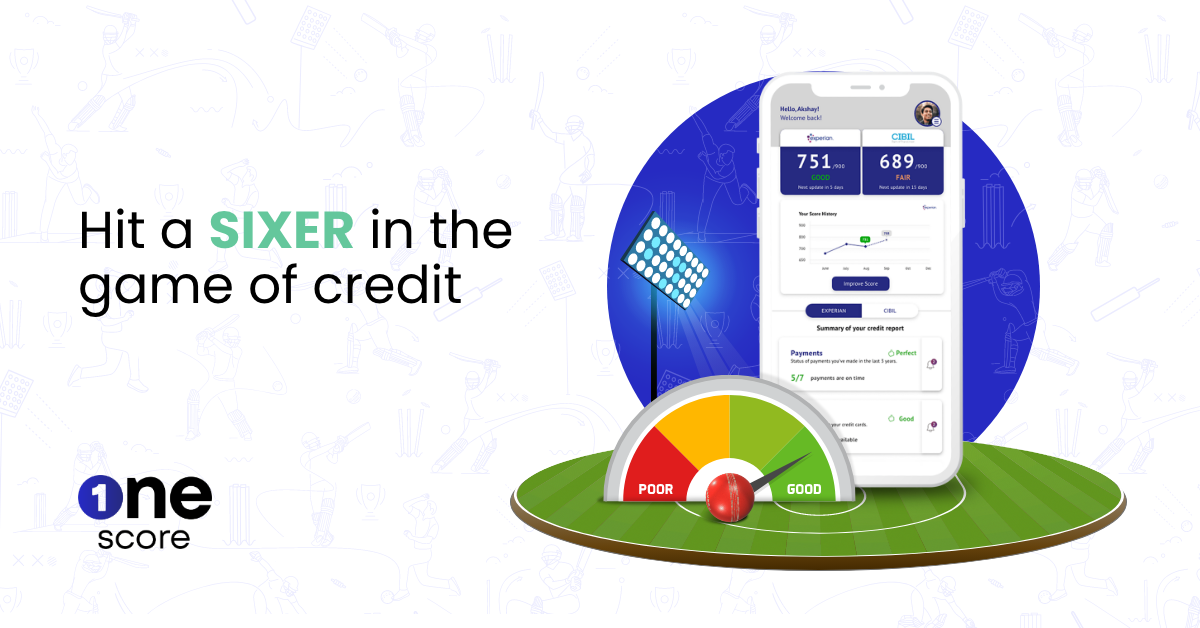
4 ways you can score more on your credit score this IPL season

- OneScore , June 10, 2022

